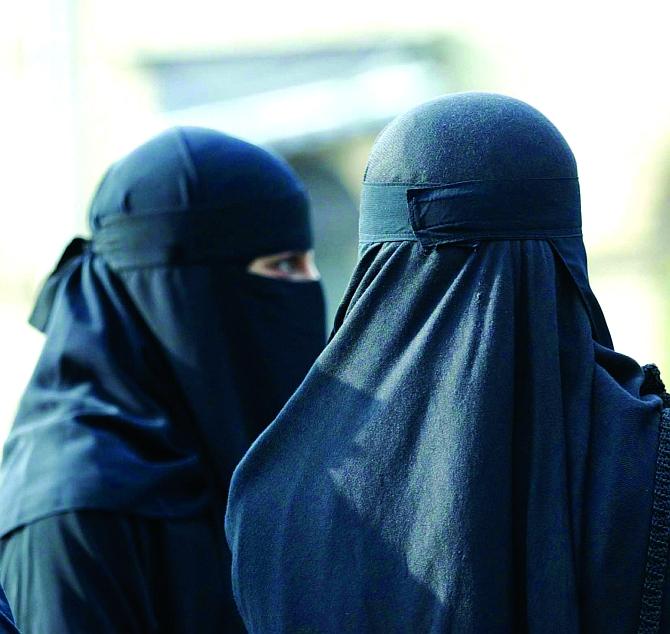SC to examine constitutional validity of polygamy, 'nikah halala'
March 26, 2018 16:46

Seven months after declaring instant triple talaq unconstitutional, the Supreme Court today agreed to examine the constitutional validity of polygamy and 'nikah halala' in the Muslim community.
The SC noted that the five-judge bench which examined instant triple talaq - and pronounced their order in August last year - had kept open the issues of polygamy and 'nikah halala'.
The SC today issued notices to the Centre and the Law Commission asking them to make their stand clear on a batch of petitions asking the two practices be abolished. Polygamy is the practice of being married to more than one woman. Nikah-halala is a practice intended to curb divorce. Under it, a man cannot remarry his former wife without her going through the process of marrying someone else, consummating that marriage, getting divorced and observing a separation period called Iddat.
One petitioner, a Hyderabad-based lawyer, has contended that while Muslim law allows a man to have multiple wives by way of the temporary marriages or polygamy, the same permission is not extended to women and therefore the law violates the fundamental rights of Muslim women.
Another petition, filed by a Delhi-based woman, has said that by virtue of the Muslim Personal Law, section 494 of IPC (marrying again during lifetime of husband or wife) was rendered inapplicable to Muslims and no married woman from the community has the avenue to file a complaint against her husband for the offence of bigamy.
In a historic decision last August, a five-judge constitution bench of the Supreme Court by 3:2 majority struck down triple talaq, or instant divorce, as unconstitutional. While then Chief Justice J S Khehar and justice S Abdul Nazeer held triple talaq to be part of fundamental right to religion of Muslims and said it was not unconstitutional, Justices Kurian Joseph, R F Nariman and U U Lalit said triple talaq violated the fundamental right of Muslim women as they are subjected to arbitrary irrevocable divorce through this practice.





 © 2024 Rediff.com -
© 2024 Rediff.com -